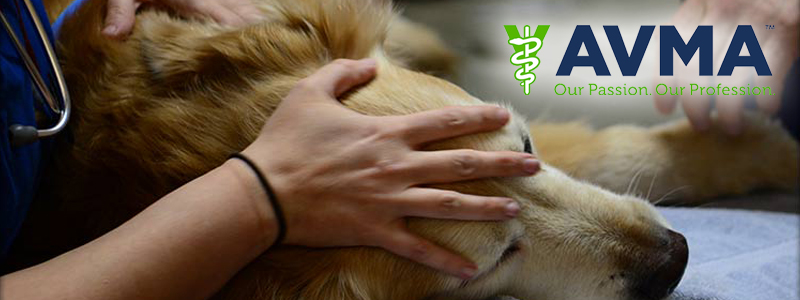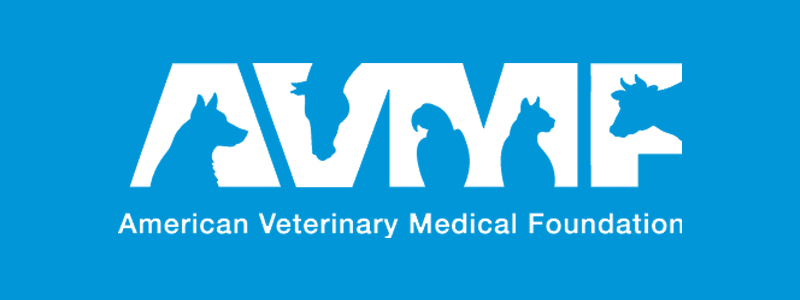BY: SAMANTHA BARTLETT, DVM
A 2016 survey conducted by the National Association of Veterinary Technicians in America (NAVTA) concluded that veterinary technicians are still subject to low pay, compassion fatigue, burnout, lack of recognition and few to no opportunities for career advancement. Currently, the credentialing of veterinary technicians is regulated differently, or not at all, on a state-by-state basis. Many states do not require mandatory credentialing and some states do not recognize veterinary technicians in the practice act at all. Most employers fail to recognize the value of a credentialed technician and do not use them to their full potential. The Veterinary Nurse Initiative (VNI) coalition was formed by the NAVTA two years ago to push for uniform credentialing and unite technicians under a single title of registered veterinary nurse. This move would make it easier for technicians to have credentials in more than one state. It would also provide for a means of reporting fraudulent credentials. The plan for VNI is to require each state to revise the veterinary practice act toward these goals. NAVTA expects it will take up to 10 years to implement these changes in all 50 states.
Pushback on the title of veterinary nurse has come from the human medical front. The American Nurses Association, while supportive of the efforts to provide a standard for credentialing of veterinary technicians, is not supportive of the title change. The argument is that the term nurse has been historically used to indicate human medical care and that designating veterinary technicians as nurses devalues the term and the respect that is applied to the title. Currently bills have been introduced in two states, Ohio and Tennessee, advocating a change in the state practice acts from veterinary technician to veterinary nurse. Neither bill has moved forward and both will likely be re-introduced this coming year. The U.K. and Australia have been using the term veterinary nurse for many years.
What the Veterinary Nurse Inititiave has failed to do at this point is to move forward in a standard of education and credentialing. Many advocates in the veterinary profession find the name change to be less important and are frustrated with the use of thousands of dollars to implement a name change rather than spending that money on a more concrete program for education and licensing. Currently the Veterinary Technician National Examination exists to determine whether veterinary technology graduates have the skills and knowledge necessary to practice and be credentialed. The AVMA Committee on Veterinary Technician and Activities has set standards for veterinary technician programs, but even with these standards in place programs vary widely in the quality of graduates they produce.
Most veterinary professional organizations within the U.S. have taken a neutral or no position on the issue. Many are waiting to see the fate of current legislation efforts before taking a position. The AVMA has taken a supportive position on the issue of standardization for credentialing, practice acts and titles, but has remained neutral on the actual title of veterinary nurse. Meanwhile, some employers and employees are taking matters into their own hands. Banfield, a strong supporter of the VNI, has recently made changes in an attempt to help resolve some of the challenges veterinary technicians face by increasing hourly pay of technicians, increasing CE allowance and differentiating between credentialed veterinary technicians and veterinary assistants. In another approach to the problem, employees of some VCA and Blue Pearl clinics voted to join unions this past year.
Regardless of outcome, the VNI is going to take several years to implement and will require more funding than it currently has to get to all 50 states. More information on the efforts of VNI can be found at http://veterinarynurse.org/.











